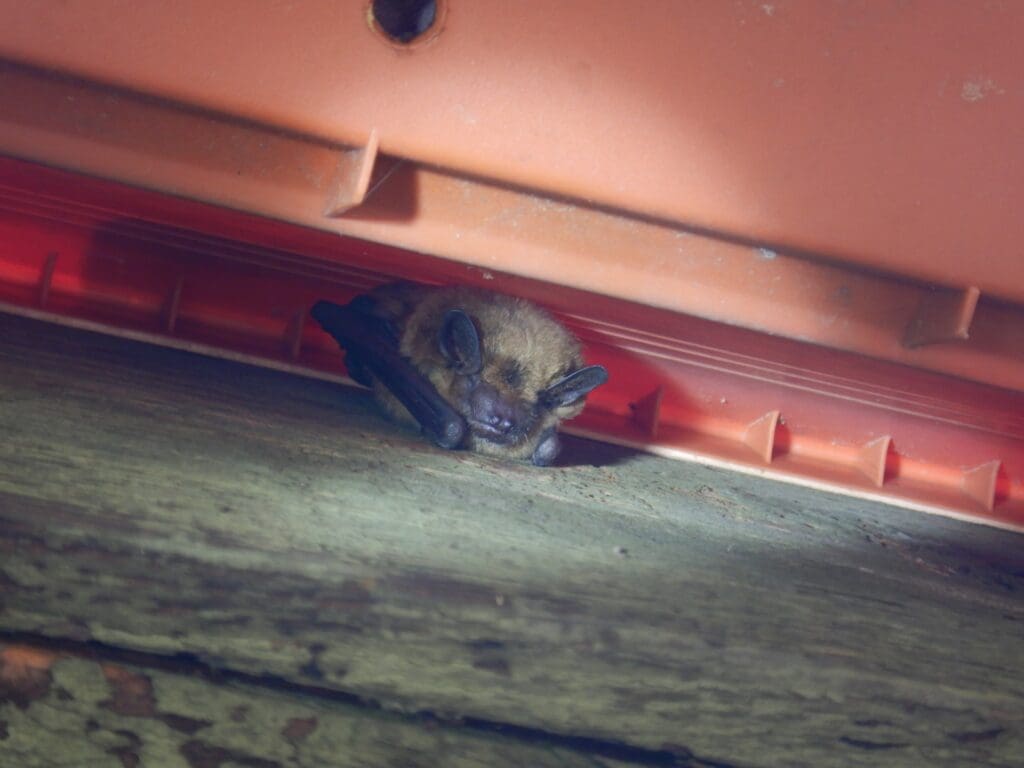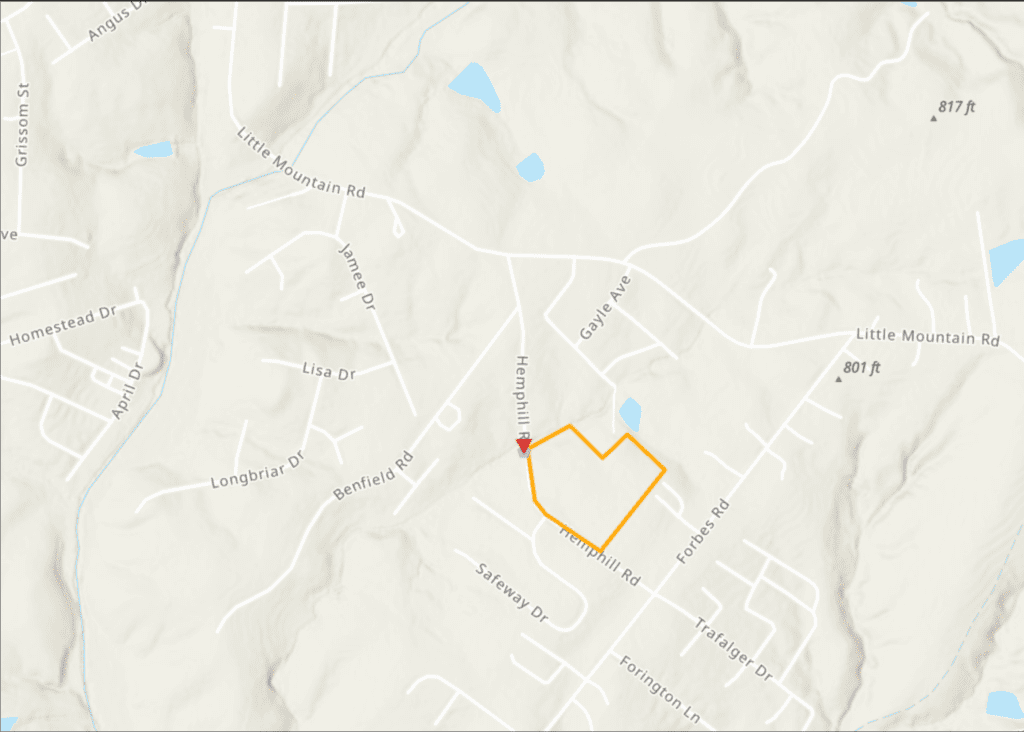NC Faces Burn Ban, Bat Season, and Creek Water Discoloration Concerns
By: Wise News Network Staff
Cherryville, NC (WNN)— North Carolina is currently facing multiple environmental concerns, including a statewide burn ban, advisories from the N.C Wildlife Resources Commission on bat safety, and reports of creek water discoloration in Gaston County.
Statewide Burn Ban Issued
A statewide burn ban has been issued for all North Carolina Counties as fire hazards remain unsafe for open burning. All open fires and burned permits received a statewide cancellation from the N.C. Forest Service, which started at 8 a.m. Friday, March 21, and will continue until further notice.

Bat Safety Advisory
The NCWRC is letting homeowners know to inspect their attics and chimneys for bats starting from May 1, which marks the beginning of pup-rearing season. During pup-rearing season from May 1 to July 31 in North Carolina, bats execute their essential natural pest control function by eating nearly their total weight in insects each evening, particularly intensifying their feeding activities.

Bat Eviction Guidelines
The ideal time to check for bats is during early spring to remove them before their babies are born. An essential bat evicting procedure includes bat escape access paired with complete re-entry restrictions. According to NCWRC bat biologist Katherine Etchison, newborn bats become immobilized, so they stay in the roost when their mothers leave to search for food, thus prohibiting evictions during their defenseless state.
Evicting bats during this time ensures any pups in the roost will starve. To make matters worse, desperate mother bats may fly through open doors or windows trying to reach their pups, increasing the chance of a close encounter with humans, Etchison stated. Newborn pup deaths become a possibility when bat evictions occur during the pupping season because North Carolina protects every bat species. The professional assessment determines bat evacuation is secure after August 1 because pups have acquired flying skills.
Homeowners should check for bats through the examination of dark droppings similar to mice droppings located around probable entry areas. The bat droppings, which can be found underneath attic vents and shutters, look like small grains of rice and can break into a thin dust. The evaluation of bat infestation in homes can be handled either through professional assistance from a licensed Wildlife Control Agent or by following Bat Conservation International’s eviction protocols.
Though evicting bats isn’t an option between May 1 and July 31, homeowners can ensure that bats can’t enter the human living space. A licensed Wildlife Control Agent can inspect the home and seal off any gaps that would allow bats to enter the main dwelling area.
Bats return to the same roost each spring, so it’s important to make permanent repairs that prevent them from entering the building in future years. You can give bats an alternative roost by installing a bat box in a sunny area on your property.
Contact NCWRC’s Wildlife Helpline, Monday through Friday, 8 a.m. to 5 p.m., at 866-318-2401 for questions, or email [email protected]. You can also visit Co-Existing with Bats on NCWRC’s website.
Creek Water Discoloration In Gastonia
In different environmental news, Gaston County is addressing concerns following a notification from the Environmental Protection Agency (EPA) regarding water discoloration near the Hemphill Road TCE Superfund Site in Gastonia.

EPA staff observed a purple or reddish color in the nearby creek during routine monitoring. Subsequent testing by the EPA identified the discoloration as a result of potassium permanganate, a chemical used in water treatment, which was injected into the ground at the site in fall 2023 as part of the planned cleanup.
Some of the potassium permanganate has migrated into the creek, causing the water discoloration and potentially darkening the sediment. EPA reports that the discoloration is a normal reaction, and the levels measured in the creek are not harmful. The EPA has confirmed that well water should not be affected.
The EPA and the North Carolina Department of Environmental Quality are collaborating to manage the creek discoloration.
Safety Recommendations
Direct contact with concentrated amounts of potassium permanganate may cause:
- Skin irritation or staining;
- Eye irritation, if splashed in the eyes
- Mild throat irritation, if swallowed in large amounts.
Until the cleanup is complete, take the following precautions:
- Keep pets and children from playing in the creek while the cleanup is ongoing.
- Avoid direct contact with the creek water, especially if you have cuts or open wounds.
- If you get creek water on your skin, rinse with clean water as soon as possible.
- If creek water gets in your eyes, immediately flush with clean water.
More information about the Hemphill Road TCE Superfund Site can be found by clicking here.
For more WNN video news stories, visit YouTube: https://www.youtube.com/@wisenewsnetwork
For further WNN articles and news stories, visit https://wisenewsnetwork.com
Contact WNN at [email protected]
Copyright 2025 Wise News Network. All rights reserved. ©
